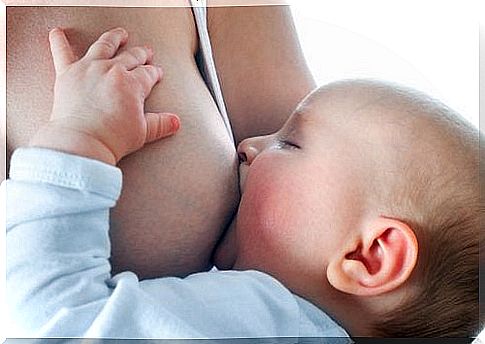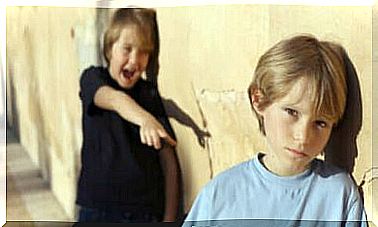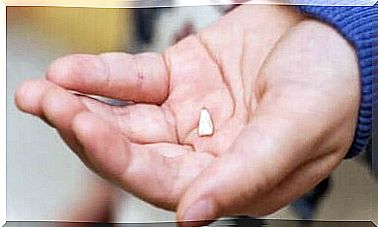The Digging Reflex In Newborns – Being Parents

The burrowing reflex in newborns is one of the instincts that should normally appear in a healthy baby. It belongs to the group of archaic reflexes. These are reflexes common to all babies but also to all mammals.
Their absence may be a sign of an anomaly that should be taken care of. This is why we are going to explain in detail what the digging reflex is. We also tell you why it is important for it to be present in a newborn baby.
How to spot the digging reflex in newborns?
The digging reflex occurs instinctively in newborns. It appears approximately from the first day until the 4 months.
This reflex is quite easy to stimulate. Just bring your finger up and gently touch the cheek or corner of the lips of a baby who is not deeply asleep. In addition, you may notice that the baby turns his head towards the place where you exert pressure.
As you have no doubt understood, the digging reflex is a form of instinct that prompts the baby to seek the source of this pressure.
The latter is commonly linked to the mother’s womb. Therefore, the digging reflex is an unconscious movement of babies seeking the maternal breast. It is a primary instinct for breastfeeding.
The importance of this reflex lies in the fact that it is the first link in the reflex chain which allows the baby to feed himself within his mother without problem. That is, when it begins to feed at the breast, the digging reflex attracts the baby’s mouth to his mother’s breast.
Then, the suck and swallow reflex are part of the triad of innate behaviors that encourage the baby to feed within its mother. Indeed, this reflex is a primary source of nourishment during its first months.

A reflex that disappears
The digging reflex is a temporary instinct useful to ensure the good cooperation of the baby during breastfeeding. This reflex usually disappears around the age of 4 months.
It is important to stress that the loss of this digging reflex does not mean that the child has reached sufficient maturity to do without breast milk.
The disappearance of this reflex reflects the fact that the baby acquires sufficient consciousness to seek out its mother’s breast when it is near and hungry. Therefore, in this panorama, the baby may not respond to the call of the breast if he is not hungry.
The importance of the digging reflex

The lack of a digging reflex in the newborn is not a problem that the mother can treat by directing the baby’s head towards the breast. Indeed, it is an instinct which is primordial and which is not limited only to an adequate diet.
If the newborn is already awake but does not respond to a stimulus from the cheek by seeking the source of the pressure, it may be related to a motor problem that would limit movement of the neck muscles for turn it towards said stimulus.
If one is faced with this case, the early detection of the problem can significantly help towards a positive development of the baby.
The digging reflex as a form of interaction with the mother
On many occasions, the digging reflex will not be followed by feeding on the part of the child. This reflex is also a way of seeking contact with the mother. Indeed, it can give the child a feeling of security and decrease his level of anxiety.
Because of what we have just stated, it is not uncommon to see many babies sleep better while still being at their mother’s breast. The digging reflex does not necessarily mean that they are looking for food.









